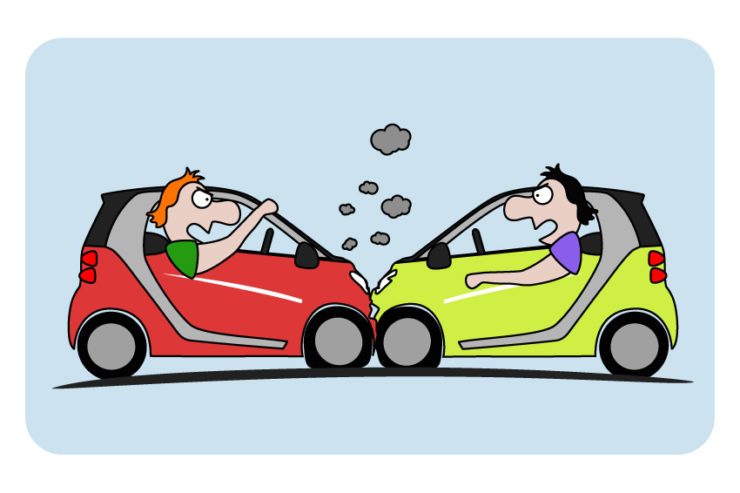The loss of just one life is one too many and texting is one of the most critical issues with drivers. Mix those two elements and you have the experience of Reggie Shaw.
Stacy Johnson, Zero Fatalities shares his story and those whose lives he touched forever.
How big is this issue?
• States are seeing an increase in crashes and fatalities associated with texting while driving and talking on cell phones.
• A 2003 Harvard study estimated that cell phone distractions caused 2,600 traffic deaths every year, and 330,000 accidents resulting in moderate or severe injuries.
• The federal government estimates that at any given time about 11 percent of drivers, or about two million people, are talking on a cell phone.
The U.S. Secretary of Transportation realized that it is becoming such a troubling behavior that he has named it one of his highest priorities. Later this month, he will hold a summit of senior transportation officials, safety advocates, law enforcement representatives, members of Congress and academics to discuss how to stop it.
America’s fixation on multitasking and the need for instant communication are two primary causes for the increase in texting and emailing while driving, but we overestimate our ability to multitask behind the wheel.
What does the research say?
1. Talking on a cell phone while driving is as risky as driving with a .08 blood alcohol level. (University of Utah)
2. A study of truck drivers showed that texting while driving can increase their risk of crashing by 23 percent. (Virginia Tech Transportation Institute)
3. Hands-free devices are not necessarily safer than hand-held devices. (University of Utah) The common factor is the cognitive thinking that goes in to a phone conversation, not if you have one or two hands on the wheel.
4. Many people are aware that the behavior is risky, but they assume others are the problem. A Nationwide Insurance poll found that 48 percent of people say talking on a phone is the most dangerous driving distraction. Yet 98 percent of them consider themselves safe drivers. And 45 percent said they had been hit or nearly hit by a driver talking on a cell phone. (This breeds an “It’s not me – it’s them” philosophy.)
5. The AAA Foundation for Highway Safety said that 35 percent of people find the roads less safe today than they did five years ago. (This comes at a time when we have antilock brakes, airbags, billions of dollars poured into the infrastructure of our roads, but those benefits are being eroded and the primary reasons for this erosion are these electronic devices.)
How to combat the issue:
Utah has the nation’s toughest laws against texting while driving.
1. First-time offenders may be charged with a Class C misdemeanor. That means you can spend up to 90 days in jail and pay up to $750 in fines just for texting while driving.
2. If you hurt someone because you were texting or emailing, or if you get charged a second time within three years, you may be charged with a Class B misdemeanor. That means you can spend up to 6 months in jail and pay up to $1,000 in fines.
3. In addition to those fines and punishments, the judge may order a three-month suspension of your driver license for either of the above.
4. If you kill someone, you may receive a fine of up to $10,000 and up to 15 years in prison.
• Just because Utah has a law against texting while driving doesn’t mean people will follow it blindly. It will take a mixture of education to teach people WHY they need to stop this behavior, strict laws to penalize offenders, and a negative stigma toward those who text and drive because they are putting other lives at risk.
• Members of Utah’s Teen Driving Task Force are going to high schools to teach driver ed classes health classes, run lunchtime activities and assemblies to help teens understand the consequences of texting while driving and discuss ways to stop it.
• Zero Fatalities produced a 15-minute video about Reggie Shaw who killed two men in Logan while he was texting and driving. This has been downloaded from zerofatalities.com 370,000 times across the nation in the first month it was available. It will also be sent to every high school and driving school in Utah.
Advice:
• Don’t be a slave to the phone. We don’t have to answer that call or immediately respond to that text. Let your voicemail do the talking while you do the driving.
• Say something when your driver is talking on the phone or is texting. They are putting your life in danger.
To learn how to be safe while driving, check out www.zerofatalities.com and also view the compelling story of Reggie Shaw.















Add comment